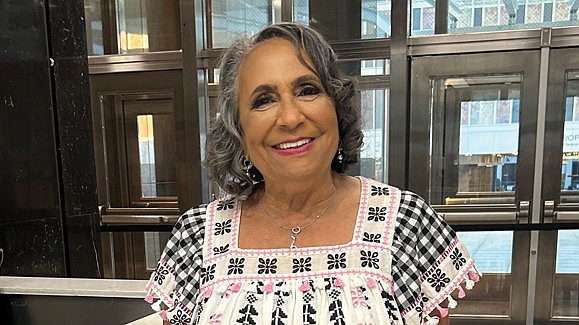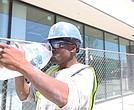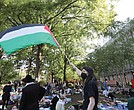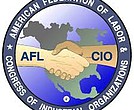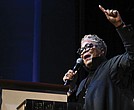Staging the future
Council bets on showbiz
Jeremy M. Lazarus | 6/15/2023, 6 p.m.
Betting on entertainment as a key element of future job and economic growth, City Council, as expected, put two high-profile projects on the fast track Monday night—a proposed $560 million casino-resort for the South Side and a $30 million amphitheater for the Downtown riverfront.
In a statement after the meeting, Mayor Levar M. Stoney praised the council for acting on the two entertainment projects, calling them “generational-investment projects for our city.” He said both developments would create a gusher of jobs, boost tourism and create fresh revenue that would help City Hall address challenges in such areas as climate change, housing, public safety, health, public infrastructure and education.
On the casino project that voters narrowly rejected in 2021, 2nd District Councilwoman Katherine Jordan cast the lone vote of opposition to a second attempt to bring the proposed gambling mecca, hotel, concert venue and public park to 100 acres off the Bells Road interchange of Interstate 95.
She only opposed a resolution naming Maryland-based Black media giant Urban One as the city’s preferred operator for the casino, but voted in support of two other casino-related ordinances that spell the benefits that Urban One and its new partner, Kentucky-based Churchill Downs, would provide.
The council votes start the convoluted process of once again getting the casino issue before the voters, who must approve the project for it to become a reality, as it has happened in four other Virginia cities.
That includes getting the city’s latest casino package to the Virginia Lottery, the state’s casino regulator, which happened Tuesday, the Free Press has learned. Once the Lottery’s board approves the city holding a referendum, city officials can then request the Richmond Circuit Court to issue an order to put it on the November general election ballot.
Before the vote, 8th District Councilwoman Reva M. Trammell, who has led the effort for a second vote, touted the 1,300 new jobs and more than $30 million a year in new tax revenue the project would generate, which she said would create positive benefits for her district and the entire city. She also noted the city would receive a $25 million payment if voters approve the casino.
Others cited the fact the city would gain new revenue without using any taxpayer dollars. “I’m in support of a project that isn’t going to cost us anything,” said 3rd District Councilwoman Ann-Frances Lambert. “This is something that can actually help us bring our tax rate down. We’ve got to say yes to projects like this in order for us to do so.”
Fourth District Councilwoman Kristen M. Nye said voters received misinformation in 2021 that that Richmond was giving away land and investing in the project “and we weren’t. This is purely revenue for us. I haven’t seen a deal like this since I’ve been on council.”
Two community activists, Allan-Charles Chipman and Debbie Rowe, urged the council to shoot down the casino ordinance and respect the 2021 referendum results.
Also Monday, the council cleared the way for the proposed 7,500-seat amphitheater development that is projected to bring, by summer 2025, major outdoor concerts to a nine-acre site off 2nd Street that would overlook the river near Belle Isle.
The vote authorizes the Stoney administration to help repay the cost of the development that Red Light Ventures, a company led by R. Coran Capshaw, would undertake by rebating to the company the new and additional real estate, admissions and the state share of sales taxes the project would create at the site.
Before the vote, council members, including 7th District Councilwoman Cynthia I. Newbille, sought administration assurances that some effort would be made to illuminate the history of the enslaved people who once worked at the site.
She did so after Joseph Rogers, a former employee of the American Civil War Museum, noted that memorial markers to enslaved persons who worked in the Tredegar Iron Works had been removed without any notice.
Also that night, Council extended the pro- gram of real estate tax relief for the elderly and disabled to benefit those with incomes up to $70,000 a year. In addition, Council approved
honorary street signs for two ministers for their significant contributions to the city. They are former Mayor Dwight C. Jones, senior pastor of First Baptist Church of South Richmond, and the late Rev. Robert L. Taylor of Fourth Baptist Church in Church Hill.
The street sign for Dr. Jones would serve as recognition of his service as mayor and as a former member of the Virginia General Assembly, as well as for serving 50 years as senior pastor of First Baptist, the Richmond area’s oldest Black Baptist church.
The sign for Dr. Taylor would remember the crucial role he played in Richmond during the Civil Rights Movement and his leadership in the creation of a job training and development program for unemployed adults.

